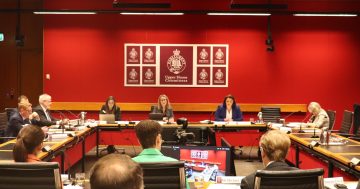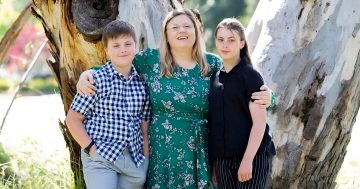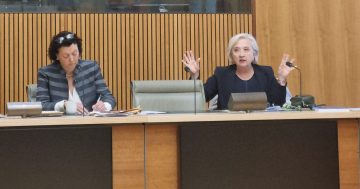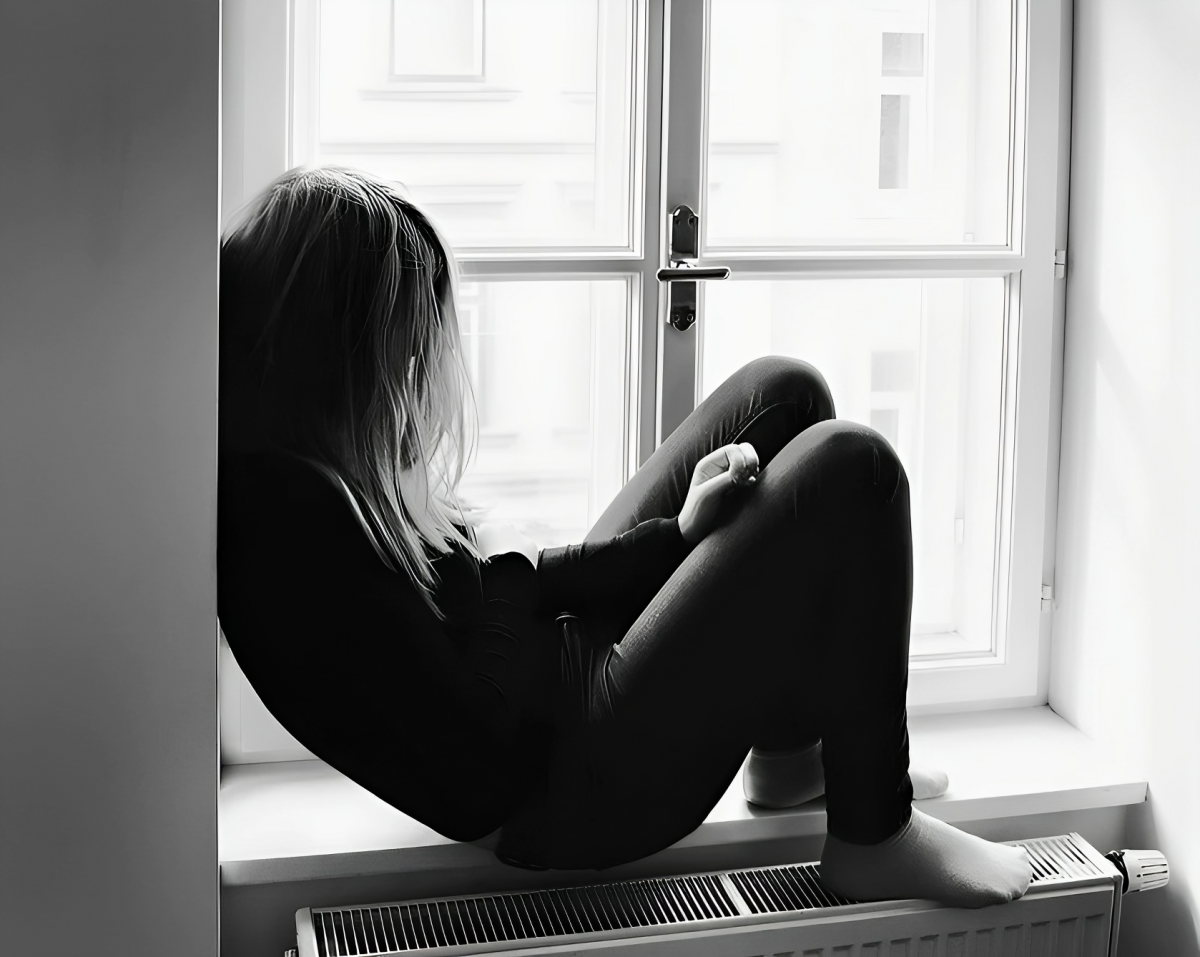
A shortage of foster carers means children are often kept in hotels. Photo: rawpixel.
The insanity of so-called child protection systems across Australia is summed up by a simple stat – last year, foster care children living in hotels outnumbered those who were adopted into permanent loving homes.
New data shows just 73 out of the 55,000 children living in temporary out of home care (OOHC) were adopted in 2022/23, a drop of 55 per cent since 2019/20.
State and territory governments need to get over their distaste for giving children permanency to stop inflicting further trauma on kids who have known only suffering in their short lives.
In NSW, almost 15,000 children live in OOHC. Most have been removed from their birth parents by the government due to repeated abuse or neglect and placed with foster carers.
The problem is, there are almost no willing carers left.
As a last resort, caseworkers are checking abused children into motels, hotels and caravan parks and assigning a roster of unqualified shift workers to stay with them.
In other words, we are leaving our most vulnerable kids in soulless accommodation to be looked after by a procession of strangers.
Region recently broke the news the NSW Government kept a two-year-old baby in a hotel with their four-year-old sibling for just over five months.
The average cost to taxpayers in NSW of keeping a child in what government calls “alternative care arrangements” is $829,000 a year. That’s because the hotel owners and for-profit companies providing the babysitters can name their price, knowing the government is desperate and don’t want the situation publicised.
There were 118 children in hotel-style accommodation in NSW in June 2023. One child has been there for almost two years.
The government says media can’t name, obtain information or publish photos of these kids, for their own “privacy”, which conveniently also prevents scrutiny and public sympathy.
At the other end of the foster care system are children fortunate enough to have lived with the same carer for two years. If there’s no hope the child will ever return to their birth families, the carer may want to adopt them.
This seems like a win-win. Adoption permanently transfers full parental rights to the foster parents – so children have the security of a forever family, rather than living on eggshells knowing bureaucrats could move them to another house at any time.
Research indicates adopted children have better outcomes than foster care children in later life, primarily due to the stability and sense of belonging adoption provides.
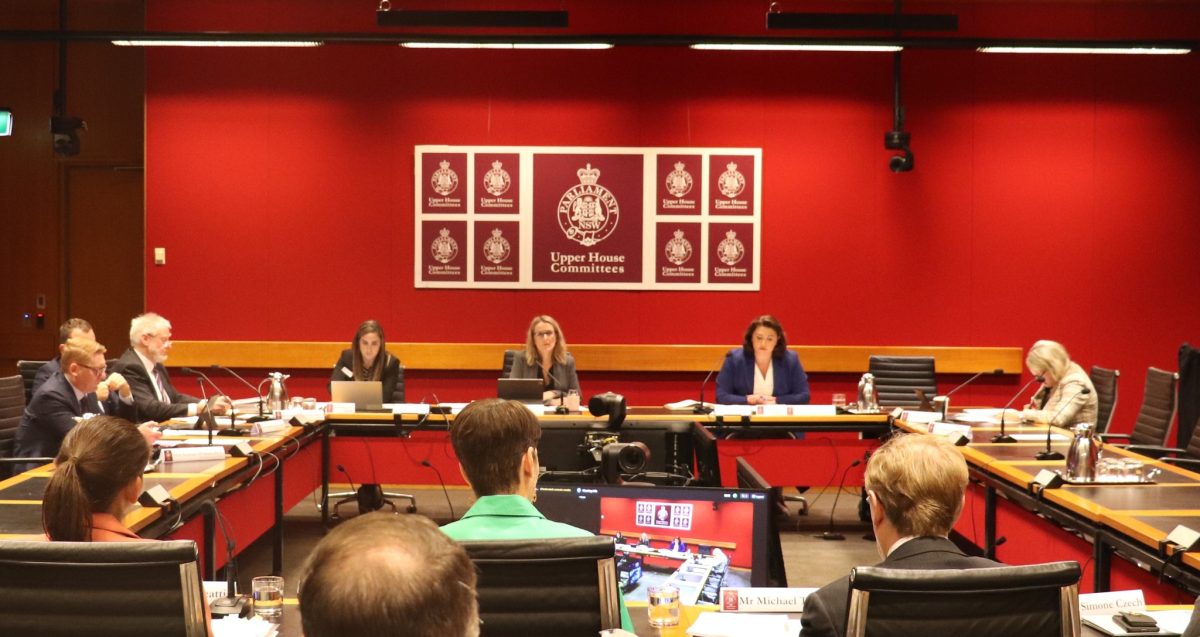
Former NSW minister Natasha McLaren Jones (blue jacket) questioned current Minister Kate Washington at a parliamentary hearing about foster care kids living in motels. Photo: NSW Legislative Assembly.
Furthermore, when a child is adopted, departments no longer have to pay the foster carer or assign caseworkers to monitor and regulate the family. The number of children in OOHC decreases, while resources are freed up to deal with kids entering the system.
This logic is lost on governments across Australia, who have turned adoption into mission impossible.
Caseworkers often don’t consider adoption an option at all, and if they do foster care families face mountains of red tape in a process that takes up to eight years to finalise.
Last year, just 60 children were adopted from the NSW foster care system. In the ACT, there were just eight, while in Victoria there were no adoptions from foster care at all.
“There are thousands of people willing to consider providing a nurturing and stable family home for children … however when adoption is not even on the radar it makes it almost impossible for willing families to step up,” Renee Carter of advocacy group Adopt Change says.
Bizarrely, departments seem more willing to walk abused kids into hotel foyers and check them into a room than allow them to stay in a permanent family home.
Adoption has been a taboo topic in Australia ever since the backlash against past practices of forced adoptions that targeted single mothers and Indigenous women.
State governments now say their priority is to restore children to their birth families. But what happens to the kids of parents who are dead, in jail or remorselessly abusive?
There’s no need for our anti-adoption culture to continue. We have learnt from past practices – all adoptions must now be ‘open’, meaning children are taught about their past and remain in contact with birth families wherever possible.
A child protection system that embraces and prioritises permanency for vulnerable children will see fewer kids enduring the horror of living with strangers in hotel rooms.
Note: This author previously worked on adoption policy for the NSW government and has written articles on the need for adoption reform for The Guardian, Herald Sun and Adopt Change.
Original Article published by Oliver Jacques on Region Riverina.












